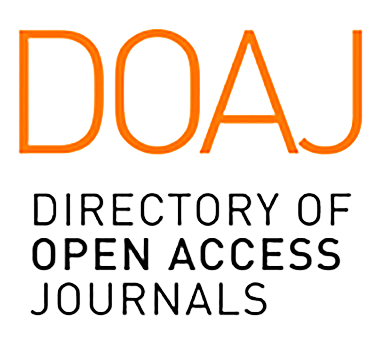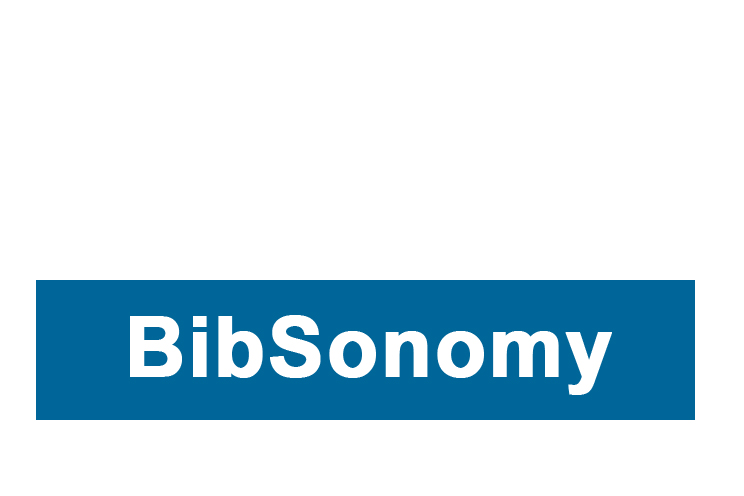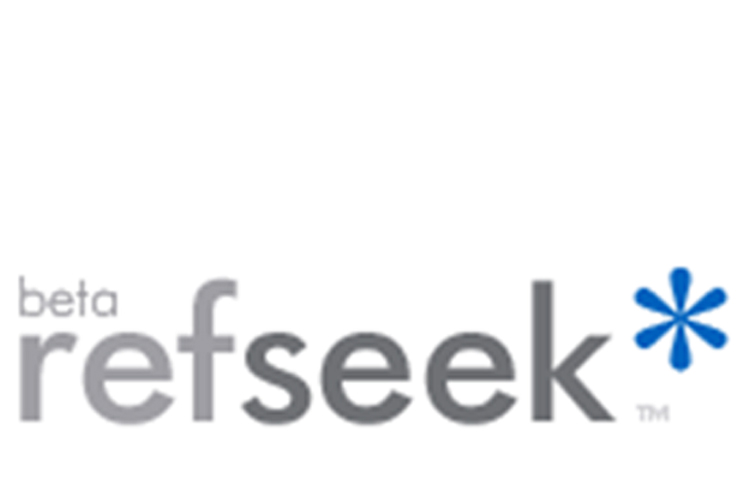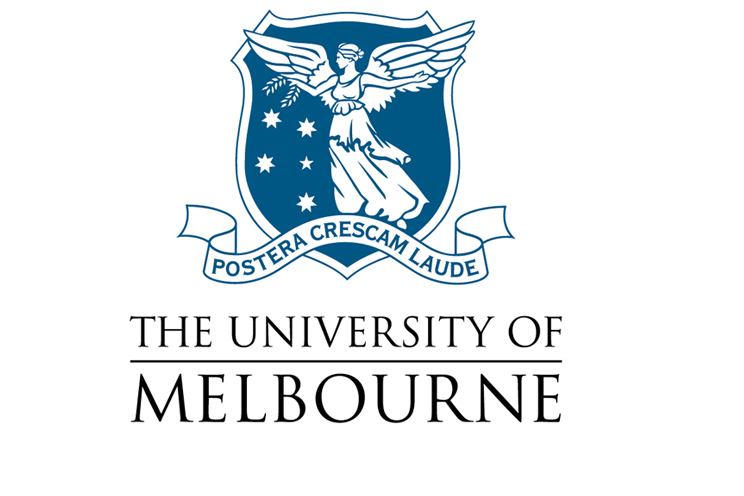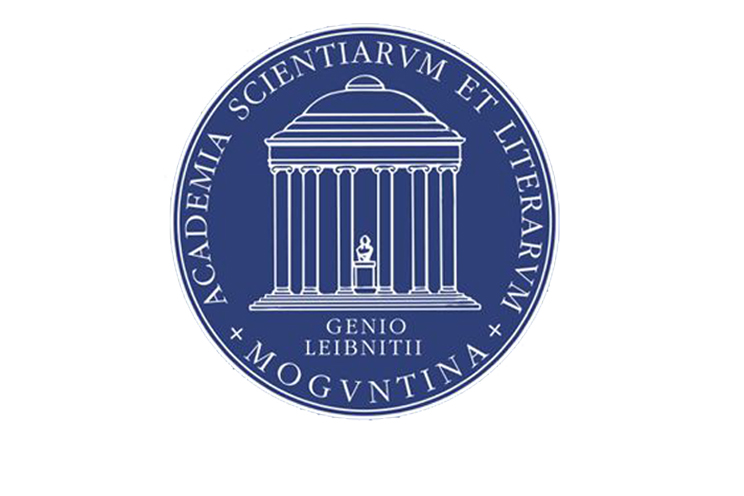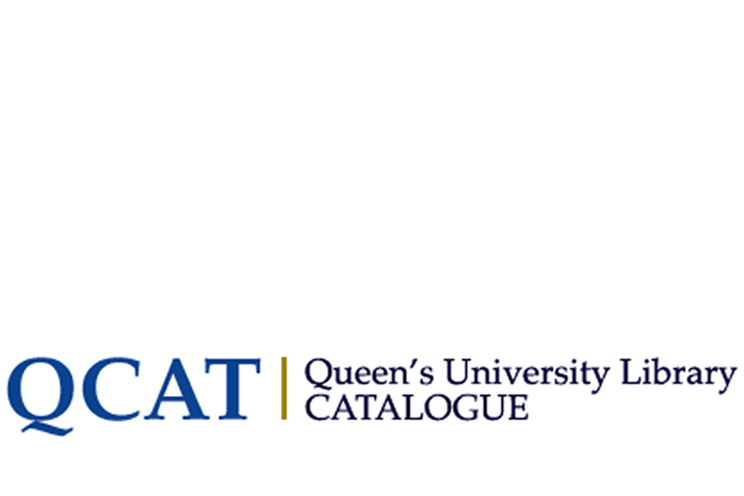Public Paper
-
Moderating groupthink in focus group discussions: Strengthening trustworthiness and transferability of the study
ISSN: 2195-1381
Publisher: author
Moderating groupthink in focus group discussions: Strengthening trustworthiness and transferability of the study
View Paper PDF
Abstract
The efficiency and trustworthiness of focus groups as a method of collecting qualitative data is looked at closely by examining how the phenomenon of groupthink can negatively affect collected data, thereby bringing its trustworthiness into question. The purpose of this article is to clarify how focus groups should be prepared, organised, and conducted using our experiences. There is limited literature on groupthink within a focus group discussion in a qualitative research setting. There is more available literature in terms of decision-making within an organisational context. Three focus groups were convened: each with a minimum of eight participants. During the focus group sessions, the researchers observed how the need for cohesiveness in a focus group could affect the findings in comparison to other approaches to data collection. The study findings indicate that groupthink within a focus group can either be positive or negative, d...
SUBMIT CONCEPT ASK QUESTION
International Category Code (ICC):

ICC-0202
Evaluator Publisher Relations Manager
International Article Address (IAA):
Pending
Paper Profile:
Private
Visitors: 0
Paper Evaluation: Pending
ASI-Factor: 0
Paper Improving: Pending
Paper Flaws: 0
References
[1] Akinola, A. O., Oluwaseum, T. and Tolulope, A. 2015. From reformist to pugnacious
rhetoric: Julius Malema and the South African political space. Gandhi Marg Quarterly
37(1): 103-20.
[2] Baillie, L., B. 2019. Exchanging focus groups for individual interviews during
qualitative data collection: A discussion. Nurse Researcher 27(2): 1-15.
https://doi.org/10.7748/nr.2019.e1633
[3] Boateng, W. 2012. Evaluating the efficacy of focus group discussion (FGD) in
qualitative social research. International Journal of Business and Social Science 3(7):
54–57.
[4] Breger, M. L. 2010. Making waves or keeping the calm/analyzing the institutional
culture of family courts through the lens of social psychology groupthink theory. Law
& Psychology Review 34(1): 55–60. https://ssrn.com/abstract=1713757
[5] Cilliers, J. and Aucoin., C. 2016. Economics, governance and instability in South Africa
[ISS paper 293, June]. Institute for Security Studies.
https://issafrica.org/uploads/Paper293.pdf (Accessed 5 September 2019).
[6] Connelly, L. M. 2016. Trustworthiness in qualitative research. Medsurg Nursing 25(6):
435–436.
[7] Creswell, J. W. and Creswell, J. D. 2018. Research design: Qualitative, quantitative,
and mixed methods approaches. 5th ed. Los Angeles: SAGE Publications.
[8] Crowell, S.M. 2012. The Rise of Julius Malema. repository.wellesley.edu (Accessed
May 2019)
[9] De Vos, A. S., Strydom, H., Schulze, S. and Patel, L. 2011. The sciences and the
profession In De Vos, A. S., Strydom, H., Fouché, C. B. and Delport, C. S. L. (Eds.), The
sciences and the profession. In Research at the grass roots for the social sciences and
human service professions. 4th ed. Pretoria: Van Schaik Publishers.
[10] Elo, S., Kääriäinen, M. Kanste, O. Pölkki, T., Utriainen, K. and Kyngäs, H. 2014.
Qualitative content analysis: A focus on trustworthiness. SAGE Open.
https://doi.org/10.1177%2F2158244014522633
[11] Fusch, P. I. and Ness, L. R. 2015. Are we there yet ? Data saturation in qualitative
research. https://nsuworks.nova.edu/tqr/vol20/iss9/3 (Accessed 3 July 2019).
[12] Günther, P. 2020. Groupthink bias in international adjudication. Journal of
International Dispute Settlement 11(1): 91–126.
https://dx.doi.org/10.1093/jnlids/idaa001
[13] Harlow, B. 2015. Taking out the guesswork: Using research to build arts
audiences. Bob Harlow Research and Consulting.
[14] Ivanoff, S. D. and Hultberg, J. 2006. Understanding the multiple realities of
everyday life: Basic assumptions in focus group methodology. Scandinavian Journal of
Occupational Therapy 13(2): 125–132. https://doi.org/10.1080/11038120600691082
[15] Janis, I. L. 1972. Victims of groupthink. Boston: Houghton Mifflin.
[16] Kook, R., Harel-Shalev, A. and Yuval, F. 2019. Focus groups and collective
construction of meaning: Listening to minority women. Women Studies International
Forum 72: 87–94. https://psycnet.apa.org/doi/10.1016/j.wsif.2018.12.004
[17] Krueger, R. A. and Casey, M. A. 2009. Focus groups: A practical guide for applied
research. 4th ed. CA: Thousand Oaks Sage.
[18] Lunenburg, F. C. 2010. Decision making: The potential for groupthink.
International Journal of Management, Business and Administration 13(1): 1-6.
[19] Macnaghten, P. 2020. Towards an anticipatory public engagement methodology:
Deliberative experiments in the assembly of possible worlds using focus groups.
Qualitative Research 21(1): 1–17. https://doi.org/10.1177%2F1468794120919096
[20] Lorelli, S., Nowell. J. M. Norris, D. E., White, N. and Moules, J. 2017. Thematic
analysis: Striving to meet the trustworthiness criteria. International Journal of
Qualitative Methods 16(1): 1–13. https://doi.org/10.1177%2F1609406917733847
[21] Northouse, P. G. 2018. Leadership: Theory and practice. 8th ed. London: SAGE.
[22] Pautz, J. A. and Forrer, D. A. 2013. The dynamics of groupthink: The Cape Coral
experience. Journal of International Energy Policy 2(1): 1–14.
https://doi.org/10.19030/jiep.v2i1.7890
[23] Rajakumar, N. D. 2019. Why empirical studies of the groupthink model failed
[CMC Senior Theses 2080. Claremont University, USA].
https://scholarship.claremont.edu/cmc_theses/2080
[24] Rauf, A., Baig, L., Jaffery, T. and Shafi, R. 2014. Exploring the trustworthiness and
reliability of focus groups for obtaining useful feedback for evaluation of academic
programs. Education for Health 27(1): 28–33.
https://doi.org/10.4103/1357-6283.134303
[25] Rivaz, M., Shokrollahi, P. and Ebadi, A. 2019. Online focus group discussions: An
attractive approach to data collection for qualitative health research. Journal of
Nursing Practice Today 6(1): 1–3. https://doi.org/10.18502/npt.v6i1.386
[26] Rose, J. D. 2011. Diverse perspectives on the groupthink theory- a literary review.
Emerging Leadership Journeys 4(1): 37–57.
[27] Ryan, G., Spencer, L. M. and Bernhard, U. 2012. Development and validation of a
customized competency-based questionnaire: Linking social, emotional, and
cognitive competencies to business unit profitability. Cross Cultural Management
Journal 19: 90-110.
[28] Saunders, M. N. K. Lewis, P. and Thornhill, A. 2012. 6th ed. Research methods for
business students. New York: Pearson.
[29] Shenton, A. K. 2016. Strategies for ensuring trustworthiness in qualitative
research projects. Education for Information 22: 63–75.
https://doi.org/10.3233/EFI-2004-22201
[30] Stoffel, B. 2017. Reducing groupthink : An exegetical research analysis of 1
Corinthians 13:11–14:25. Emerging Leadership Journeys 10(1): 53–69.
[31] Woźniak, W. 2014. Homogeneity of focus groups as a pathway to successful
research findings. Przeglad Socjologii Jakościowej 10(1): 6-23
[32] Yahalom, J. 2020.Towards a methodology of chance: On obstacles to research and
their advantages. Qualitative Psychology 7(2): 153–168.
https://doi.apa.org/doi/10.1037/qup0000172
[33] Young, V. 1993. Focus on focus groups: A step by step guide to running focus
groups. ACRL College & Research Libraries News 54(7): 391–394
[34] Zikmund, W. G. 2000. Business research methods. 6th ed. Fort Worth, TX: Dryden
Press.

